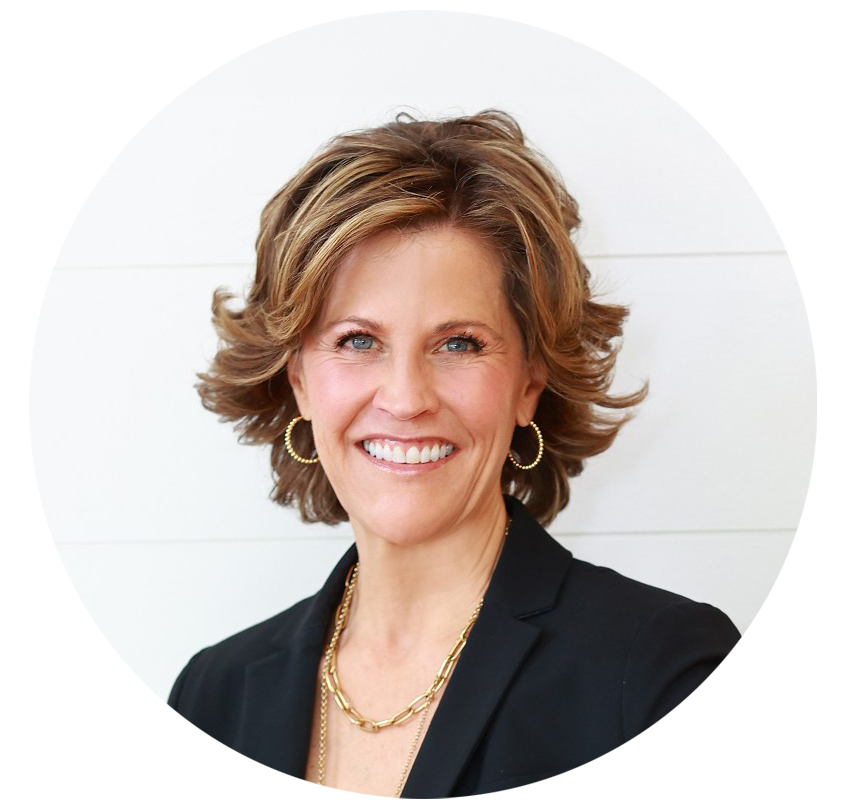EY refers to the global organization, and may refer to one or more, of the member firms of Ernst & Young Global Limited, each of which is a separate legal entity. Ernst & Young Global Limited, a UK company limited by guarantee, does not provide services to clients.
Related topic
Generational Dynamics
Generations provide a lens to help us understand societal changes over time and the business shifts required to keep up with evolving human needs.
Unbound by old standards
Gen Z is upending stigma and redrawing the boundaries of social norms. Topics formerly considered impolite or taboo, such as gender and sexuality, personal satisfaction with life and career choices, financial income, and psychological wellbeing, are commonplace conversation starters for this age group.
More than 90% of them place authenticity, or being true to oneself, among their highest values. They reject perfectionism in favor of realism, expecting inclusion and a sense of belonging they believe shouldn’t have to be earned. They’re born skeptics and shrewd observers, unafraid to question the status quo, and they’re not so sure about the long-term payoff of higher education that comes with a paper degree and a very real pile of debt.
Not surprisingly, only 34% of Gen Z believe they can “trust” large organizations or the federal government. They’re more likely to put their faith in individuals and small, localized entities they can actively engage with. And their spending habits follow suit, with 59% reporting they care about purchasing from companies that reflect their values.
Hiring companies should be aware that corporate transparency, authenticity and integrity will be assessed by Gen Z with a level of awareness that’s both unique to this generation and broadly shared among them, thanks in large part to their use of social media.














